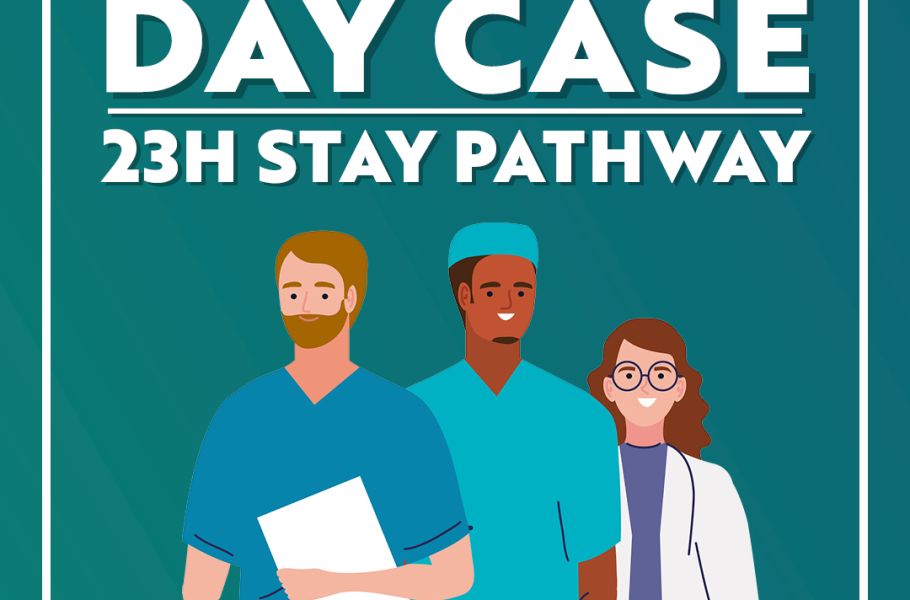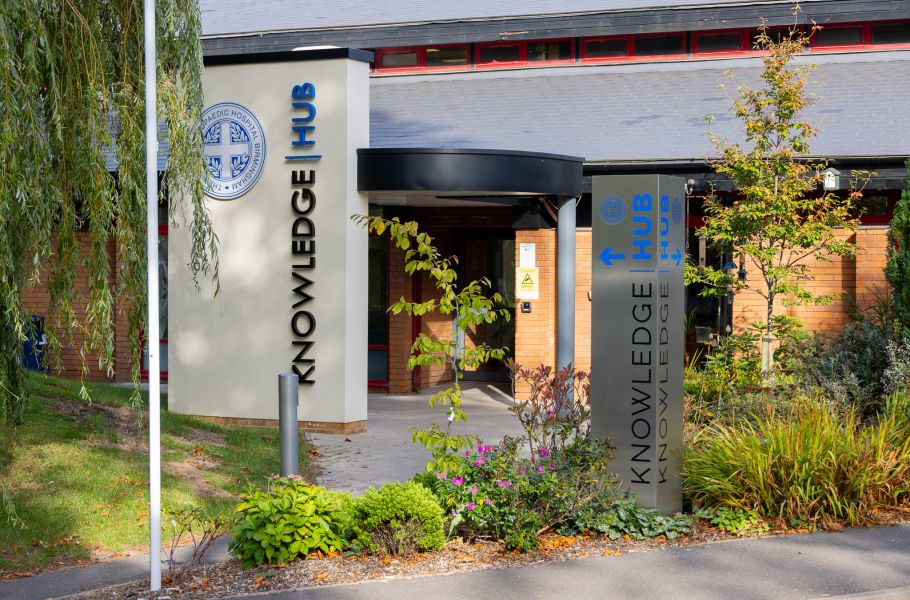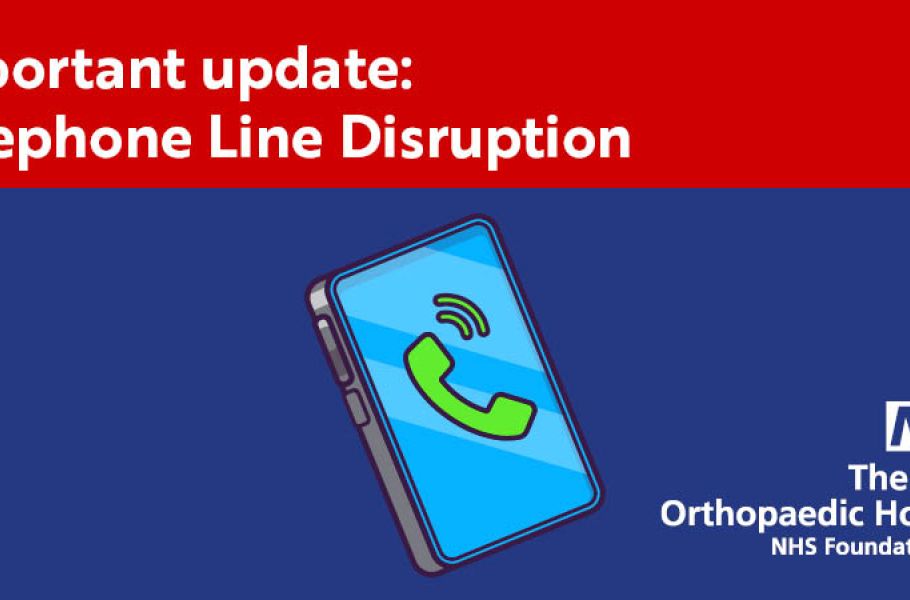International Clinical Trials Day 2020

As we continue to navigate living life during a worldwide pandemic, clinical research is more important than ever.
Research and clinical trials are crucial to finding new treatments for conditions and diseases.
International Clinical Trials Day 2020 is marked annually on Wednesday 20 March and aims to highlight the impact clinical trials have on healthcare and science. It also marks the anniversary of the first clinical trial by physician James Lind in 1747 into the causes of scurvy aboard the HMS Salisbury.
What are clinical trials?
A clinical trial compares the effects of one treatment with another. It may involve patients, healthy people, or both. You can ask your doctor or a patient organisation if they know of any clinical trials that you may be eligible to join. You can also search for information on a number of websites and register your interest in taking part in research.
Clinical trials help doctors understand how to treat a particular illness. It may benefit you, or others like you, in the future.
If you take part in a clinical trial, you may be one of the first people to benefit from a new treatment.
The purpose of clinical trials is to evaluate the effectiveness and safety of new drugs, devices and treatments. There are five phases:
- Phase I – Testing of the drug or device on healthy volunteers
- Phase II – Testing of the drug or device on a small number of patients with a specific condition or disease (100 – 300 patients)
- Phase III – Testing of the drug or device on a larger number of patients with a specific condition or disease (300 – 3000 patients)
- Phase IV – Post Market Surveillance, monitoring the outcomes of using the drug or device on the public.
Clinical trials are incredibly important as they are how new and innovative treatments are created, tested and made available to patients. They help us to create new and improved drugs and medical devices, which allows us to provide better treatment options, new pathways and a better standard of care to our patients. Without clinical trials there would be no advancement in medicine and many conditions or diseases would be left untreatable.
These trials are funded in different ways, by the government, charities or commercial organisations. In turn, medical research generates millions of pounds for the NHS.
Clinical Trials at The Royal Orthopaedic Hospital
At The Royal Orthopaedic Hospital (ROH), we work alongside universities, hospitals and other organisations to deliver clinical trials. We are currently delivering numerous phase I, phase II and phase III trials spanning our orthopaedic services including oncology, spinal, musculoskeletal and small and large joints.
See below for examples of just some of the clinical trials we are currently running at ROH.

DISC TMG (Dupuytren’s Interventions Surgery vs Collagenase Trial)
In November 2017 we began recruitment to the DISC Trial at ROH. The DISC Trial is being run by University Hospitals of Leicester and The University of York and is funded by the NIHR (National Institute of Health Research).
Dupuytren’s contracture is a common condition which affects the hand, and is caused by fibrous tissue which causes the finger to bend in to the palm. The usual treatment for Dupuytren’s is surgery however there is a newer treatment which involves the patient receiving a collagenase injection. DISC is a randomised trial which aims to compare these two treatments to see which is safer and which is more efficient for patients in the long term.
Orthopaedic Hand Surgeon Mr Michael Craigen has led the DISC Trial at ROH and the trial has involved all of our hand surgeons. It has been hugely popular with our patients and we are due to finish recruitment later this year.
This study/project is funded by the NIHR Health Research Health Technology Assessment Programme (project number 15/102/04). The views expressed are those of the author(s) and not necessarily those of the NIHR or the Department of Health and Social Care.
Dermal Patch
Dermal Patch is an ROH-sponsored clinical trial looking at improving patient outcomes following rotator cuff repair surgery (repair of the tendons in the shoulder). The usual surgery for a rotator cuff repair consists of stitching and reattaching the torn tendon to the bone. The trial aims to determine whether the use of a dermal patch (a patch of specially prepared and treated donor skin) can improve the outcomes of the surgery. The patch is sewn on to the tendon to support and strengthen the repair.
The Dermal Patch Trial opened in April 2016 and is led by Consultant Orthopaedic Surgeon Professor Martyn Snow. We finished recruiting earlier this year and we are now in the follow-up stage of the study, which is when we continue to see patients on the trial to monitor their outcomes and collect data.
Mr Adrian Gardner, Consultant Spinal Surgeon and Director of Research & Development, said: "Clinical trials are an important part of improving the care of our patients, particularly so in the current COVID-19 crisis. The ROH has, and continues to be, active in trials across the breadth of musculoskeletal medicine and orthopaedic surgery.’
Kate Penny-Thomas, Lead Research Nurse at ROH, added: “During the current worldwide pandemic it is impossible not to recognise the crucial role of research in disease prevention, treatment and cure. Having been a research nurse for most of my career I am immensely proud to have cared for many patients whose lives have been transformed and even saved through their participation in clinical research trials. International Clinical Trials Day reminds us that we are part of a worldwide team and offers us the opportunity to celebrate the important work we do.”
Carolyn Langford, Head of Research, Audit & Development, said: “ROH has a long history of pioneering orthopaedic treatments through clinical trials. Whether these are trials of orthopaedic surgical techniques, medicines, medical devices, cell therapies or physiotherapy regimens, these trials have always been focussed on improving the care and outcomes for our patients.
“As the Trust and the world adapts to the challenges posed by the COVID-19 virus, we are playing our part in supporting the national research priorities. We are gathering vital information to help shape future treatments and preventative vaccines to help control this virus which is affecting all areas of the population and our healthcare service.”

The Royal Orthopaedic Hospital Charitable Fund helps fund research through The Eureka! Appeal. By supporting this appeal you can help to sustain and fund new projects. You’ll be directly helping our consultants and nurses carry out research and trial new treatments, as well as investing in better care in the future and ensuring that when people need treatment, they get the very best.
The research team at ROH will be tweeting throughout Clinical Trials Day. Follow us on Twitter @ROHResearch and @ROHNHSFT and use hashtags #CTD2020 and #BePartOfResearch to join in the conversation.
You can read more about research at The Royal Orthopaedic Hospital or contact the Research team here.
You can learn more about how to get involved in clinical trials here.









